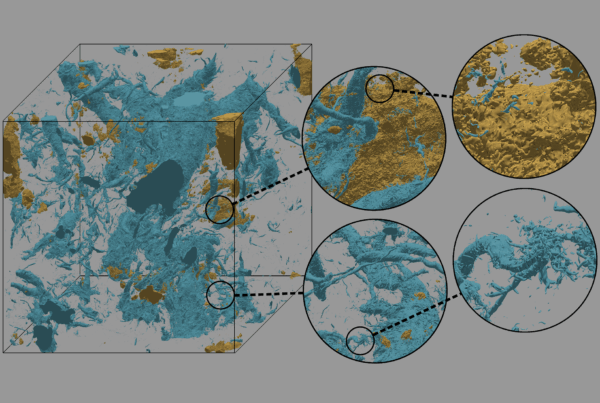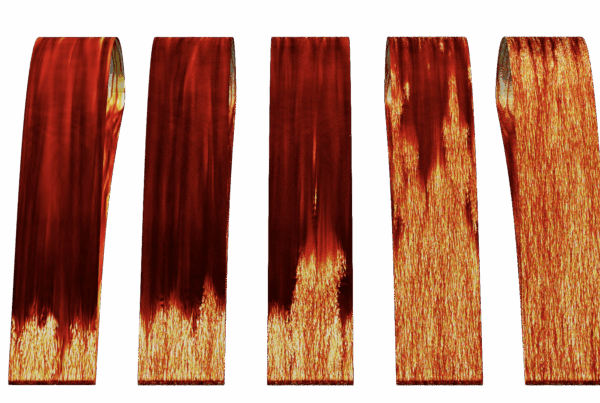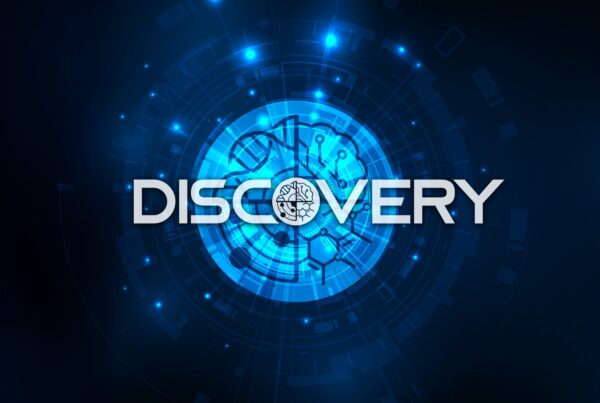The Oak Ridge Leadership Computing Facility (OLCF), in partnership with the European Centre for Medium-Range Weather Forecasts (ECMWF) is accepting proposals for the 2022 Integrated Forecast System (IFS) Experimental Nature Run (NR) Data Hackathon, a virtual hackathon open to teams around the world. Teams will have unprecedented access to a large seasonal climate data set at global 1-km resolution generated from previous research conducted by the ECMWF, as well as remote access to the OLCF’s 704-node Linux cluster, Andes.
 The nearly 4 petabytes of data for this hackathon were assembled from a set of global 1-km simulations using the IFS, the numerical weather prediction system at ECMWF. Teams are invited to propose research that can be explored at scale, such as extreme weather events or the development of artificial intelligence and machine learning applications.
The nearly 4 petabytes of data for this hackathon were assembled from a set of global 1-km simulations using the IFS, the numerical weather prediction system at ECMWF. Teams are invited to propose research that can be explored at scale, such as extreme weather events or the development of artificial intelligence and machine learning applications.
The combination of data access and full system support is unique among hackathons and represents the next step in open science and data sharing. With access to Andes, more teams will have the opportunity to participate, as they will not be limited by the capabilities of in-house systems to manage such a large data set. By making this data set available, the hackathon is expected to have a broader impact on improving earth system models and skill of weather forecasts.
“Making available processing and compute capacity near the data resulting from the unprecedented 1-km experimental nature run provides a template for working with future initiatives such as Destination Earth that will produce a continuous stream of information from a digital twin of the earth system,” says Dr. Nils Wedi, Destination Earth Technical Lead at ECMWF.
“The hackathon and the ECMWF 1-km experimental nature run will enable NOAA to perform quantitative assessments of the impact of next-generation observing systems for improved forecasting of hurricanes and severe storms,” says Dr. Lidia Cucurull, Chief Scientist and Deputy Director of the NOAA Quantitative Observing System Assessment Program.
The IFS NR Data Hackathon will run from July through December 2022, with individual projects lasting anywhere from 1-6 months. Staff from the OLCF and ECMWF will be available to answer questions and offer guidance through a dedicated Slack channel.
For more information about the data set, or if you are interested in participating in this open science event, visit https://www.olcf.ornl.gov/ifs-nr-data-hackathon/.






